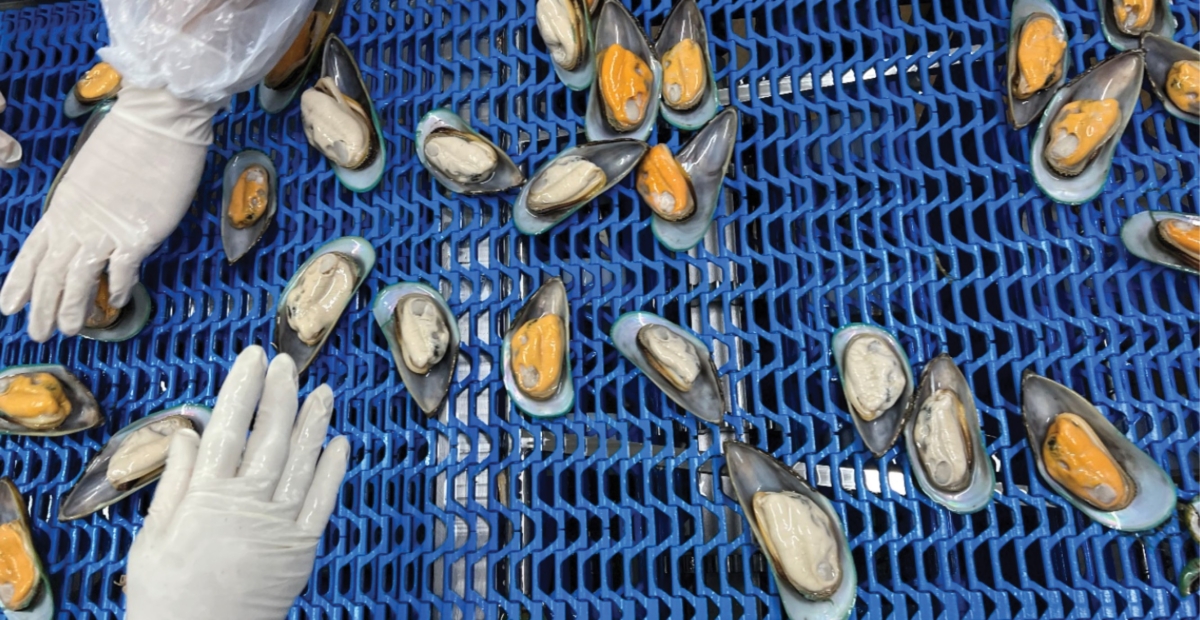
Executive summary
New Zealand aquaculture shellfish processors face a deluge of options when considering whether to participate in any third-party certification programmes. There are countless third-party certifications on the market and numerous certifying bodies accredited to audit against these. It can be a difficult process to determine what, if any, third-party certifications will be most beneficial to individual New Zealand aquaculture shellfish processor operations and prove most valuable to their customers.
The aim of this report is to assist New Zealand aquaculture shellfish processors when determining what third-party certification is best for their operations based on current industry practices, consumer opinions, and by providing an overview of the most prevalent third-party certifications.
Third-party certification participation can be a costly undertaking for an operation (both monetarily, and in time and resources), and often with ambiguous return for investment.
Thematic analysis has been undertaken of customer and processor questionnaire responses, semi-structured
interview findings, and literature review.
The report identifies the most widely used certifying bodies operating in New Zealand, and explores the most prevalent and customer preferred third-party certifications. Customer opinion of third-party certifications, certifying bodies, and New Zealand base standards are evaluated. New Zealand aquaculture processor certification status is investigated, addressing why they have chosen their current certifications or do not participate in third-party certifications if that is the case.
Other processor aspects explored are satisfaction with their certifications, how these are used, approximate
costs of achieving and maintaining, and knowledge of other certifications.
Key findings:
1. Third-party certifications are not essential for a processor’s success, but customers who purchase large volumes of products annually are likely to require suppliers to hold some form of third-party certification.
2. New Zealand’s base requirements are highly regarded internationally. In many cases, customers are willing to accept company policy documents in place of third-party certification for the food safety and ethical employment aspects of a processor’s operations.
3. Most leading certifications incorporate ISO management systems principles, are Global Food Safety Initiative (GFSI) benchmarked, and many share a large portion of their requirements.
4. The cost involved and doubtful return on investment is the leading factor in a processor choosing not to participate in (or looking to change) third-party certification.
5. The decision of a processor to participate in a third-party certification and which is chosen is often driven by their customer requirements.
Recommendations (all aimed at New Zealand aquaculture shellfish processors):
1. Develop a company policy document outlining food safety systems (RMP and HACCP etc.) regularly audited by MPI.
2. Develop a company policy document stating a commitment to compliance with New Zealand employment law.
3. Before selecting any third-party certification programme processors should speak to customers to determine whether they require their suppliers to hold these.
4. If customers require third-party certification inquire what their preferred certifications are, then investigate these certifications to determine if they are suitable for the processor’s operations.
5. Consider whether individual certifications align with company values, if they will assist in achieving company objectives, and what is the organisation trying to accomplish by participating in the certification.
6. When selecting a certification standard consider what aspects of operations it covers, a certification covering multiple aspects is often a better option.
7. Seek quotes from several certifying bodies when considering adopting a certification standard as some may prove a more cost-effective option than others.
Emily Clark




